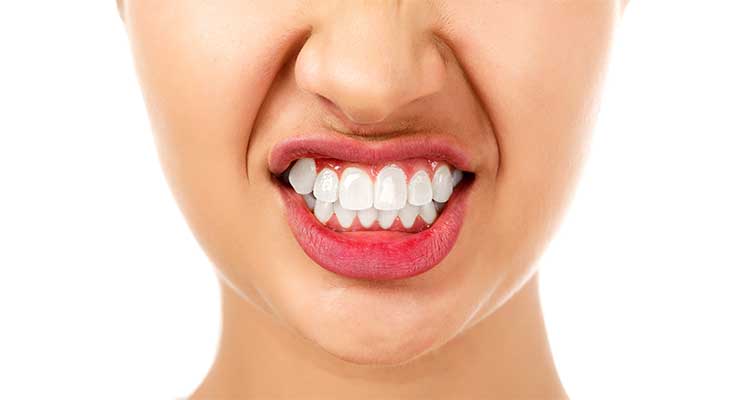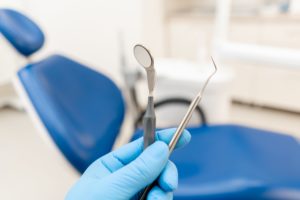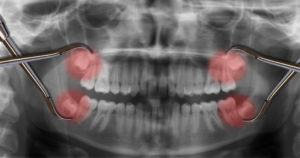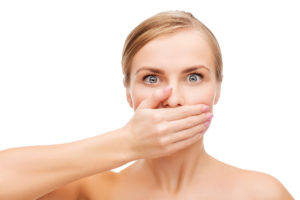It is quite normal to clench your jaw from time to time and to even grind your teeth on occasion without causing any considerable harm.
But when this becomes a habit, it can cause some serious damage to your teeth and lead to some serious issues, including pain in the jaw and ears, as well as headaches.
If you regularly wake up with a sore jaw or teeth, you may be grinding your teeth at night. Find out what causes teeth grinding, and what we can do to help …
What causes teeth grinding?
Teeth grinding, also known as bruxism, is a condition most often caused by stress and anxiety. For many people, teeth grinding occurs at night — in fact, most people aren’t even aware that they are grinding their teeth. Besides stress, there are a number of other factors that can cause one to grind their teeth, one of the most common of which is an imperfect bite. When the upper and lower jaws are misaligned, the risk of bruxism increases.
Certain lifestyle choices can also cause teeth grinding, such as the use of recreational drugs, drinking a lot of alcohol, and smoking. Certain medications can also cause bruxism.
What are the symptoms of teeth grinding?
Although you may not even be aware that you are grinding your teeth, some of the signs and symptoms of the condition include headaches, and pain in the ears and jaw joints, aching teeth (especially after you have just woken up), and stiffness in the face and temples when you wake. You may also experience some pain or stiffness in the jaws when you chew, as well as teeth sensitivity to hot and cold foods and drinks. You may notice that you clench your jaw often, particularly when you are concentrating on a task, or when you feel angry or anxious.
Other signs that you may be grinding your teeth include cracked or chipped enamel, loose teeth, raised areas of soft tissue on the inside of your cheek caused as a result of biting, and tooth indentations on the tongue.
How can it be treated?
Fortunately, there are now treatments available to help resolve the damage caused by teeth grinding. We usually recommend the use of a grinding appliance. Also known as a night guard, the appliance works by protecting the teeth from further damage and preventing clenching by holding your jaw in a more relaxed position. The grinding appliance is designed to fit snugly over your lower teeth and to feel completely comfortable in your mouth.
If stress and anxiety are causing you to grind your teeth, it is a good idea to seek treatment to manage these issues. Learning relaxation techniques can be helpful, while counselling or treatment from a physical therapist may also be effective options.
In some cases, certain lifestyle changes can also help to prevent teeth grinding. Try to limit your intake of foods and drinks that contain caffeine, like coffee and chocolate, and cut back on your consumption of alcohol, as grinding tends to worsen after drinking. If you are prone to grinding your teeth, try and avoid chewing gum as it may increase your likelihood of clenching.
What could happen if I don’t seek treatment?
If left untreated, teeth grinding can cause severe tooth pain, as well as pain and sensitivity in the jaw. The condition can also cause regular headaches, ear pain, and abnormal wear and tear on your teeth. As you continue to grind your teeth, the enamel will wear down, causing serious damage that often requires restorative dental work. Severe cases of bruxism can even lead to fractured or broken teeth, as well as inflamed and receding gums.
If you suspect that you may be grinding your teeth, please contact us to arrange a consultation. We will check for any damage and recommend a treatment plan best suited to your needs. We have a highly experienced team of dentists and hygienists at our dental clinic and are dedicated to providing all of our patients with the best possible care.
We offer a range of services, including emergency dentistry, children’s dentistry, cosmetic dentistry, restorative dentistry, orthodontics, oral surgery, and dental implant procedures. For a full list of the treatments we are able to provide, have a look here.






